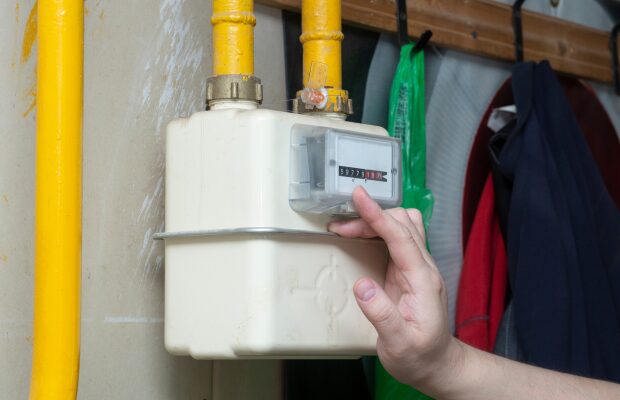Tenancy agreements are fundamental to letting out properties, so you need to make sure that they are comprehensive and up-to-date.
Even the most carefully planned tenancy agreements may need occasional amendments to keep up with shifting legislation and adapt to changing circumstances. When you work with an expert letting agent like Ellis & Co, you won’t have to worry about this as we’ll keep on top of everything.
Here’s everything you need to know about amending and renewing a tenancy agreement.
Can the landlord make amendments to a tenancy agreement?
Once a tenancy agreement is in place, the landlord can only make changes if both parties agree to them. For example, if the tenant requests a change in their rent payment date, or the landlord is considering a rent increase.
If both landlord and tenant agree to the amendment, a fresh tenancy agreement can be drafted and signed, or, the landlord can create an addendum or amendment, which must then be signed and stapled to the original agreement.
A lease addendum is where something new is added to the agreement, whereas an amendment is a change being made to a term in the original tenancy agreement.
Landlords may charge tenants a fee for amending the tenancy agreement, but only if the change was suggested by the tenant.
Related: Exploring your rights as a landlord
When is the best time to change a tenancy agreement?
Making changes to the agreement in the middle of a tenancy can be disruptive and your tenants may be less inclined to agree. The best time to propose changes to the agreement is towards the end of the tenancy, as this allows the tenant time to decide whether to continue living in the property under different terms.
Do all tenancy agreements need to be renewed?
Once a fixed-term tenancy ends, there is no legal requirement to renew it. If the tenant stays on the same agreement and it’s not renewed, the fixed-term agreement will automatically become a periodic tenancy agreement.
This means that all the same terms of the original agreement still apply, but it will run from one period to the next – typically from month to month. If both parties are happy with the existing agreement and wish to continue, they may choose to renew the tenancy for another fixed term. However, if no action is taken, it becomes a periodic tenancy by default.
Related: How to encourage a long-term tenancy
Why do landlords renew their tenancy agreements?
There are many reasons why a landlord might renew their tenancy agreement rather than let it roll into a periodic tenancy agreement instead. However, there are pros and cons to doing this, and the right choice for you will depend on your specific circumstances.
Renewing the tenancy agreement means that your tenant will be locked in for another fixed period, rather than being able to leave when they choose to. This prevents tenants from leaving on very short notice and having to cover the costs of an unexpected void period.
The downside is that a periodic tenancy allows more flexibility for the landlord too, allowing them the option to end the tenancy if necessary.
How to renew a tenancy agreement
Renewing your tenancy agreement should be a straightforward process. Either you or your letting agent should contact the tenant two months before the agreement expires to find out whether they are willing to stay in the property for another fixed period.
If they do agree to this and are happy to renew the contract, you or your agent can draw up a new agreement to be signed by both parties. The same goes for amendments to the tenancy agreement, and any new terms should be negotiated and agreed on before the tenant signs the document.
For more advice, contact our expert lettings team today








